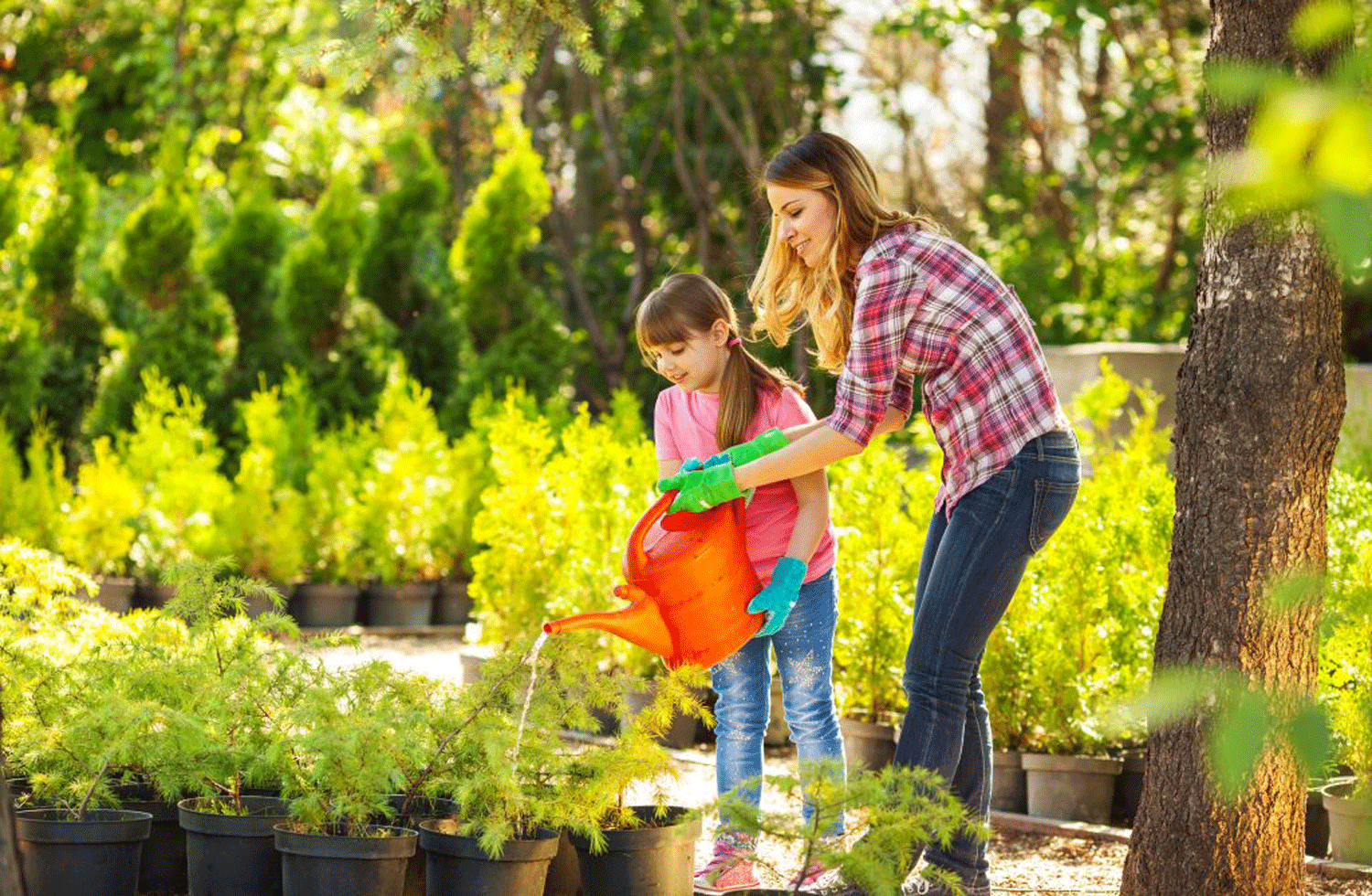
Annual herbs should be watered once every 3-7 days or as needed to keep the soil wet but not soggy. How often to water herbs seeds Water Mediterranean plants less, permitting the soil to dry out between waterings. In containers and tubs, water Mediterranean plants every two weeks.
When it refers to how often to water various kinds of the most critical difference is whether they are perennial plants native to the Mediterranean area of Europe or green seasonal herbs.
Because Mediterranean herbs are woody and evolved to withstand dryness, they should only be rinsed once every two weeks at most.
How often to water herbs seeds Fresh green annual herbs demand continually damp soil thus, they need to be watered more frequently. We will guide you on how often to water herbs at different times and conditions.
How often to water herbs seeds
How much water Mediterranean herbs need:
Suppose there hasn’t been any heavy downpour water outside seasonal herbs every 5-7 days or more. In a container, water Mediterranean herbs once every two weeks; once rooted, do not rinse unless there is a severe drought.
When to water herbs in pots:
Outdoor pots become dehydrated faster than inside ones—water Mediterranean herbs in outdoor pots every two weeks and annual green herbs every three to seven days.
When to water herb seeds:
Water is needed to keep the soil in place and prevent it from drying out.
How often to water herbs in Summer:
Water seasonal herbs as needed to wet the soil throughout the warmest seasons of the year, which might be once every two days. In the summertime, Mediterranean herbs grow, so hydrate them once every two weeks as usual.
How often to water herbs in Winter:
Outdoor perennial herbs do not require extra water throughout the winter months, raising the danger of rot disease.
How Often to Water Mediterranean Herbs
You should feed potted Mediterranean herbs every 14 days during the summer. Grown Mediterranean plants should only be irrigated in severe droughts since they are drought tolerant and can acquire all of their hydration from precipitation. Any herb belonging to the Mediterranean area of Southern Europe that has adjusted to the warm and dry temperature throughout the Spring and Summer, and the moderate Winter with intermittent rainfall, is referred to as a Mediterranean herb.
These plants like dry environments and should be treated far less frequently than leafy annual herbs. Watering Mediterranean herbs too much encourages the growth of the fungal infection of Phytophthora root damage. Mediterranean herbs are highly prone to root rot since they are suited to harsher ground conditions. It is thus critical that you strive to recreate their native circumstances by hydrating them less frequently than other plants.
When they’re in pots, irrigate once every two weeks with a thorough wash to encourage root development, as pots dry out rapidly in the summer, especially if they’re less than 12 inches across. Mediterranean herbs are perennials; they will return year after year if treated in the winter by shielding them from the weather and not hydrating them at all.
Mediterranean plants get all of their water from the surroundings in the cold. They are more susceptible to root decay, so you may stop watering rosemary and sage in the autumn until the beginning of spring. Mediterranean herbs grown in seedlings or as bushes in garden borders do not demand any irrigation beyond the first year since they can thrive in the warm summers of Southern Europe without needing to be watered.
How Often to Water Leafy Annual Herbs
To keep herbs like basil and cilantro from withering, hydrate them every three to five days to keep the soil constantly wet. Refresh your annual herbs every other day throughout the warmest months of the year, especially if they’re in little pots outside. Annual herbs like these are commonly used in Mediterranean cooking, although they come from other regions of the world, where they grow in wet soils with more rainfall and dappled shade.
Annual herbs require a constant moisture level in the soil and should be irrigated more frequently than Mediterranean herbs. The most severe threat to the vitality of Mediterranean herbs is overwatering, whereas annual herbs are vulnerable to underwatering and can lead to death.
How Often to Water Herbs After Planting
Annual herbs like basil should be watered often after planting to keep the soil wet and minimize withering. Leafy herbs should be steeped every 3 to 4 days until they are rooted. Lavender prefers drier circumstances, although it should be watered once a week after implantation until its roots have been established.
It’s critical to keep an eye on your herbs and feed them more frequently after they’ve been planted since this is when they’re most vulnerable to natural disasters, with leafy annual herbs being especially vulnerable. Because the herb’s roots have not had time to form themselves in the soil, they cannot absorb water as effectively.
How Often to Water Herbs Indoors
Indoor herbs should be watered once every 5-7 days with a good soak to keep the soil wet but not soggy. If the spice begins to crumble or slump, increase the intensity of watering and relocate the plant out of the bright sun while it rebounds.
Conclusion
Herbs are simple to cultivate and well worth the time investment. The richness of color and taste they contribute to your garden and food makes them the golden kid of the yard, whether you are interested in learning more about growing herbs in pots or just searching for the perfect spices to plant in general.
Read more for: How to use grow light bulbs?







